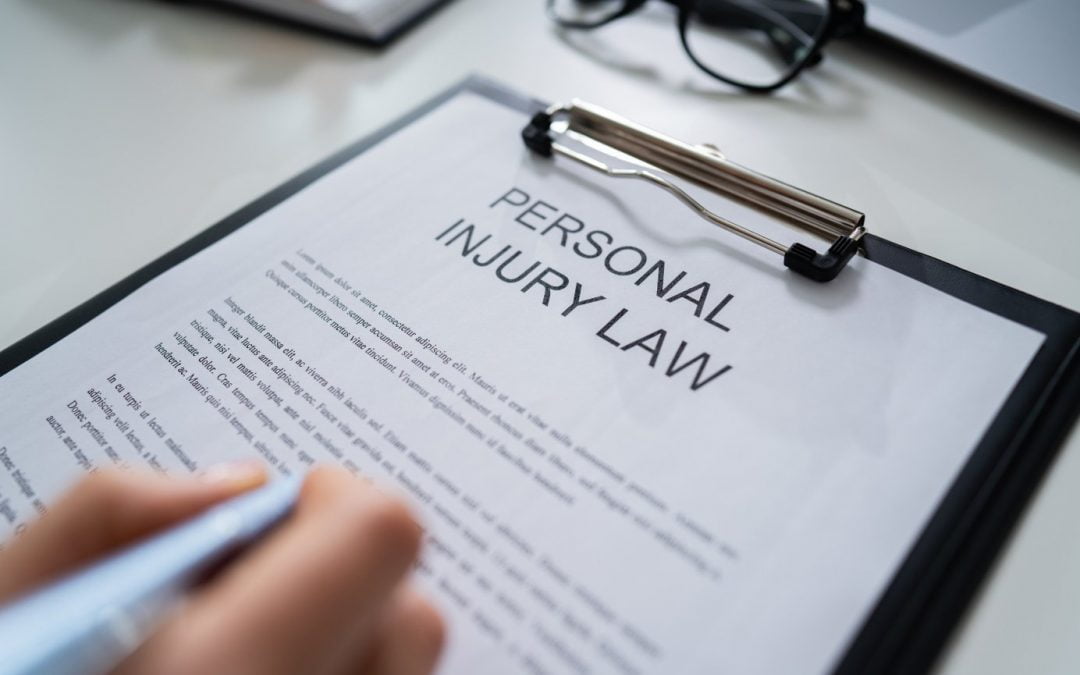When it comes to personal injury cases, there are a few key terms that are often bandied about. Examples are assault and battery. Both of these terms can have different meanings in the law, and it’s important to know the difference between them when filing for personal injury claims.
Now let’s dive deeper into the following:
- What is the Difference Between Assault and Battery?
- How Do You File for Personal Injury Claim for Assault and Battery?
- How Can a Personal Injury Suit Help a Person Experiencing Assault and Battery?
- Finding an Attorney to Represent You in a Personal Injury Case

What is the Difference Between Assault and Battery?
Assault
The definition of assault varies from state to state. But generally, an assault occurs when one person knowingly makes physical contact with another without that person’s consent. This contact may be direct or indirect, and can take many forms, including but not limited to:
- Punching
- Slapping
- Pushing
- Shoving
- Grabbing
- Threatening
- Placing someone in fear.
Battery
Battery generally refers to any intentional use of force or violence against another person. It may consist of any touching or striking against a person, with either an intent to injure or with the knowledge that such contact will cause injury. This contact may be direct or indirect, and can take many forms, including but not limited to:
- Shooting a gun at someone.
- Striking someone with a fist.
- Kicking someone.
- Pouring hot coffee on someone.
- Throwing objects at someone.
How Do You File for Personal Injury Claim for Assault and Battery?
When a person is assaulted or experiences battery, they may be entitled to file a personal injury claim. Assault and battery are two separate crimes that both involve touching someone without their consent. If you have been the victim of an assault or battery, there are steps you can take to file a claim.
- First, you will need to contact the police department that responded to the incident. The police will likely write up a report about what happened and may collect evidence related to the case.
- After contacting the police, it is important to gather any documentation related to your case, including medical bills, witness statements, and photos.
- Next, you will need to contact a personal injury attorney who can help you file a claim on your behalf. An attorney can help guide you through all of the paperwork involved in filing a personal injury claim and can help ensure that your case is handled appropriately.
How Can a Personal Injury Suit Help a Person Experiencing Assault and Battery?
Assault and battery are crimes that can result in serious personal injuries. If you have been the victim of assault and battery, you may be entitled to financial compensation for your injuries. And a personal injury suit can help you receive the money you deserve for your pain and suffering.
How Do You Find an Attorney to Represent You in a Personal Injury Case?
Finding an attorney to represent you in a personal injury case can be tricky. Many attorneys also operate on a fee-only basis, which means that they receive no financial compensation from the outcome of your case. So before you decide to hire an attorney, it is important to carefully review their fees and qualifications.
An attorney who is qualified and experienced in personal injury cases can help ensure that your case is handled correctly and that you receive the compensation you deserve. And with over 20 years of experience, you can rest assured that the Limbocker Law Firm will be able to represent you well in your case.
Looking for a Personal Injury Attorney?
Assault and battery are both crimes that can leave you feeling scared and violated. However, they are different in significant ways. So if you have been assaulted or battered, seek legal help right away.
For more information on assault and battery, get in touch with us and request a free consultation.









